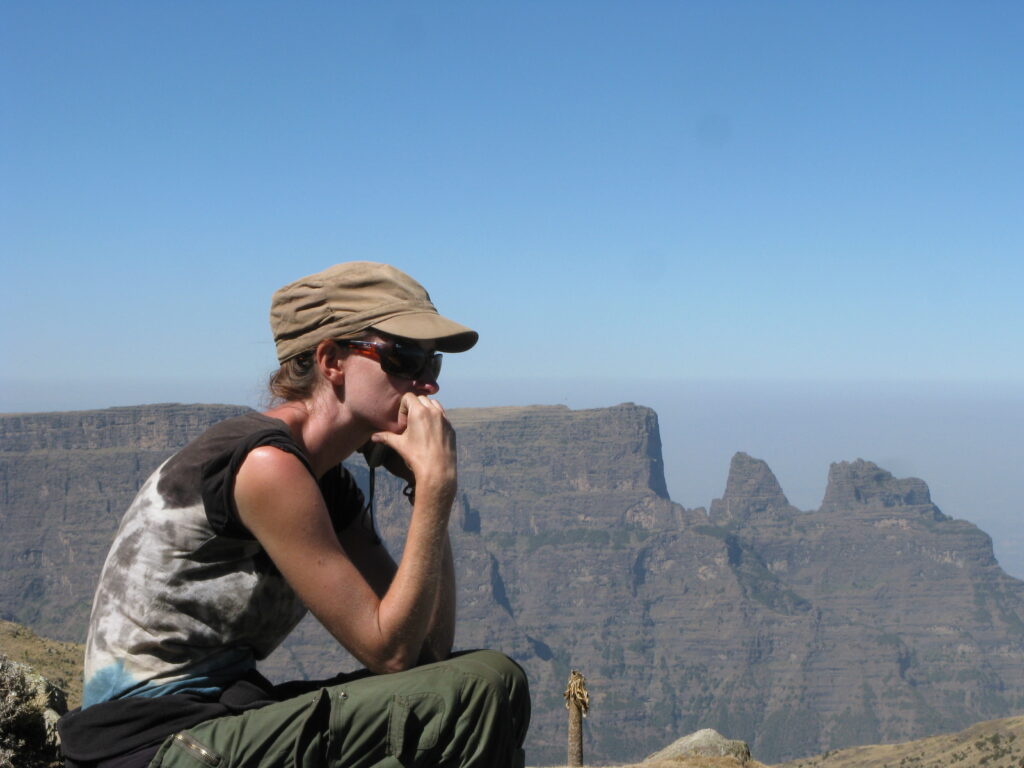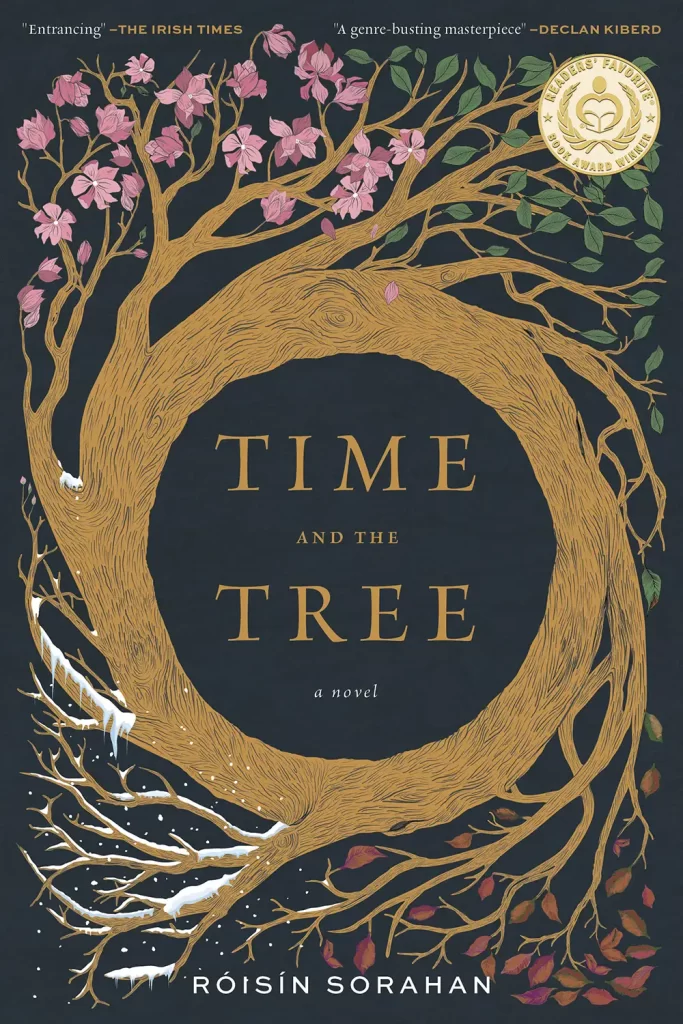
In Conversation with Róisín Sorahan for Imbolc Books
Tell us about your latest book?
Time and the Tree is an examination of time and the philosophy of happiness.
It is set in a forest and takes place over the course of four seasons. The story is told through the lens of a fairytale, guiding readers to places they might not otherwise have ventured. It considers complex, thoughtful theories with the lightness of slapstick and dark humour.
My book connects with readers who want to consider life from a different perspective. It challenges the motivations for their decisions. And it goads them to “fail again, fail better.”
It doesn’t neatly fit a genre. But it is wholly attuned to this confusing and challenging moment.
What inspired you to write Time and the Tree?
I wrote the first draft on the road. I had quit a good job to travel the world. At the time it seemed like a huge risk. According to the check list, I was doing well: I had the lucrative career; the mortgage; incredible friends, wonderful family. The usual reasons for eating without tasting.
It was a perfectly good life.
But, for all the thumb twisting at the time, it would have been so much harder not to go.
Having abandoned the world of routine and deadlines, I found that when my mind stopped making lists, I had space to think.
The road opened my eyes to the possibilities that life offers, and the strangleholds we place upon ourselves. I became aware of choices I hadn’t even realised I had made. I also became convinced that there are many different ways to live life well, and fully.
In countries where I didn’t speak the language, I had to rely on the kindness of strangers to accomplish even the simplest of tasks. I made so many crass, and unwitting, errors. And I was forgiven, time and again. It was humbling and rewarding and an exercise in patience and compassion, two important themes in my book.
It was also deeply frustrating at times, and I had to work hard to maintain my equilibrium. From the perspective of my writing, this was an important awareness and informed my exploration of happiness.
As my journey unspooled, my belief in the importance of claiming agency over one’s life, one’s happiness and one’s relationship with time, solidified in Time and the Tree.
Why do you write?
In the beginning was the Word.
Everything, for me, comes back to that. I need words to put flesh on a feeling, or a thought, to fully examine it and understand it. It’s the only way I can bring it into being and make sense of it.
I also love a good story. There’s great pleasure to be found in a finely tuned sentence.
Do you write every day, or how do you approach your work?
I write when I can, but I prefer to work in the mornings. On a really good day, I’ll lose track of time and the words flow. When that happens, I just try to keep myself out of the way of the writing and not over-think it.
But afterwards, the real work starts. For me, good writing is all about re-writing. I read everything aloud. I listen for balance and rhythm. I can spend ages on a single sentence. I’ll poke at something until it either fits in the mouth, or I spit it out.
I want my readers to re-read my books. For that to happen the words have to do justice to the ideas.
What’s it like to be an Irish writer living in the US?
Being from elsewhere instantly makes you an outsider. For a writer, that is a good thing. I think we are natural outsiders anyway, and the geographical and cultural divide simply reinforces it. The sense of looking in gives the picture a coherence that you cannot have when you’re its focus.
I try not to get too hung up on nationality, though. I like the idea of feeling at home in many different places. But, given the intertwined relationship between Ireland and the US, there’s both overlaps and chasms. TV has given me a lot of shared cultural references, but the sense of Ireland abroad does not mesh with my memories of growing up there.
And, at the same time, the Ireland I grew up in is changing in my absence, but my memories are static things, so that I can no longer slip back into the space I’ve vacated.
In this way, life leans towards absurdism, which is excellent writer’s fodder. I live in a country that can’t pronounce my name; I’m engaging in a linguistic rhythm that differs to mine; I deconstruct my tongue to be understood; I’m not in on the shared joke, so it needs to be explained; and my stories must be delivered with a back story to give them their cultural context. It is a state of perpetual discomfort.
You said that you wrote the first draft of Time and the Tree when traveling. Did your experience of discomfort influence the story?
Without a doubt. When you travel or live outside of your sphere of shared cultural and political assumptions, the notion that there is one right way to live, to think, to engage with the world is simply ludicrous. The world is Wonderland, and trying to condense it into neat, manageable bite sized pieces simply doesn’t make sense.
I don’t want life to be comfortable. I want to be astonished. I want to be flung headfirst out of the rut. I’d prefer to have to climb out of a ditch, than be borne along relentlessly on a smooth, well-worn road, to the bitter, inevitable end.







